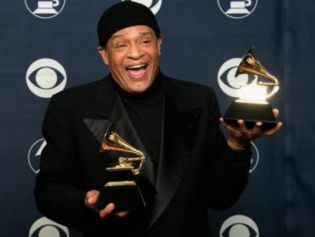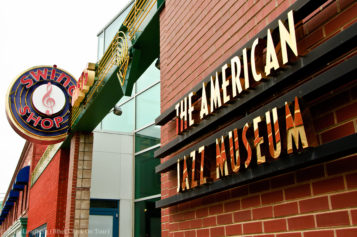Jazz musician Donald Byrd, a leading hard-bop trumpeter of the 1950s who collaborated on dozens of albums with top artists of his time and later enjoyed commercial success with hit jazz-funk fusion records such as Black Byrd, has died. He was 80.
He died Feb. 4 in Delaware, according to Haley Funeral Directors of Southfield, Mich., which is handling arrangements. It didn’t have details on his death.
Byrd, who was also a pioneer in jazz education, attended Cass Technical High School in Detroit, played in military bands in the Air Force and moved to New York in 1955. The trumpeter, whose given name was Donaldson Toussaint L’Ouverture Byrd II, rose to prominence when he joined Art Blakey’s Jazz Messengers later in 1955, filling the seat in the bebop group held by his idol Clifford Brown.
He soon became one of the most in-demand trumpeters on the New York scene, playing with Max Roach, Sonny Rollins, John Coltrane and Thelonious Monk. He also began his recording career by leading sessions for Savoy and other labels.
In 1958, he signed an exclusive recording contract with the Blue Note label and formed a band with a fellow Detroit native, baritone saxophonist Pepper Adams, making their label debut with the 1959 album Off to the Races. The band became one of the leading exponents of the hard-bop style, which evolved from bebop and blended in elements of R&B, soul and gospel music. A 1961 recording, Free Form, brought attention to a promising young pianist, Herbie Hancock.
In the 1960s, Byrd, who had received his master’s degree from the Manhattan School of Music, turned his attention to jazz education. He studied in Paris with composer Nadia Boulanger, became the first person to teach jazz at Rutgers University in New Jersey, and started the jazz studies department at Howard University in Washington.
Byrd began moving toward a more commercial sound with the funk-jazz fusion album Fancy Free in 1969, taking a path followed by fellow trumpeters Miles Davis and Freddie Hubbard. He teamed up with the Mizell brothers to release Black Byrd in 1973, a blend of jazz, R&B and funk that became Blue Note’s best-selling album at the time.
Jazz critics panned Byrd for deviating from the jazz mainstream, but he was unperturbed.
“I’m creative; I’m not re-creative,” Byrd told the Detroit Free Press in a 1999 interview. “I don’t follow what everybody else does.”
Read more: 11Alive

